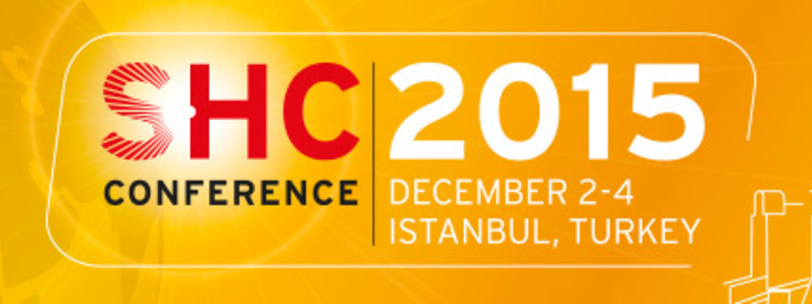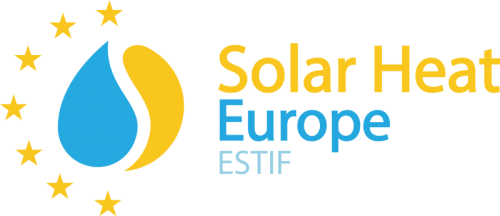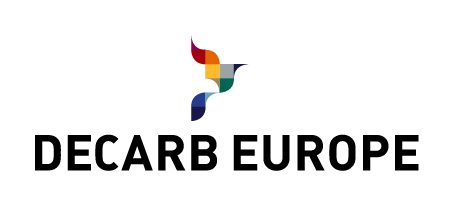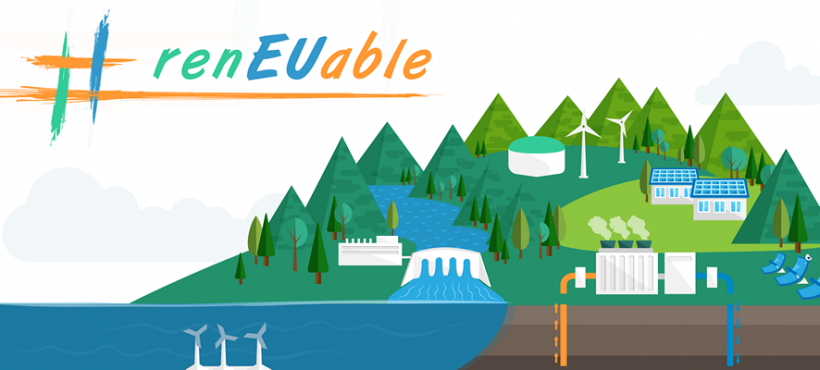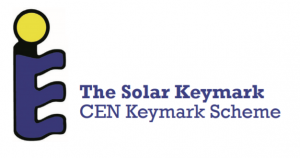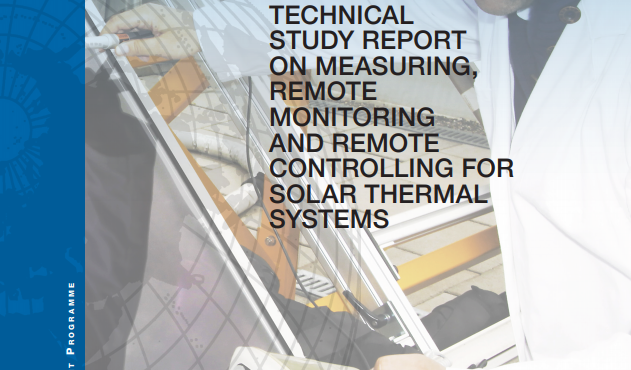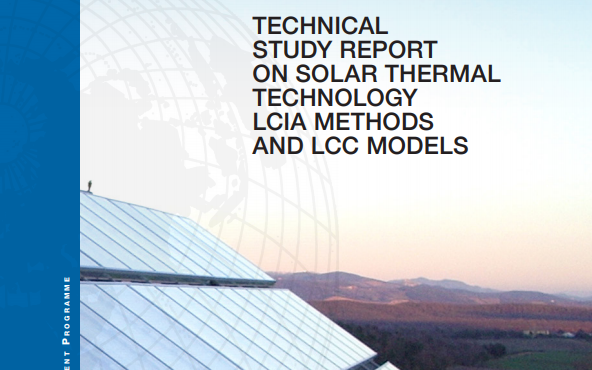The Solar Heating and Cooling for Buildings and Industry conference, a conference of the IEA Solar Heating and Cooling Programme and Solar Heat Europe is the premier annual event for solar professionals in heating and cooling applications. Read More...
